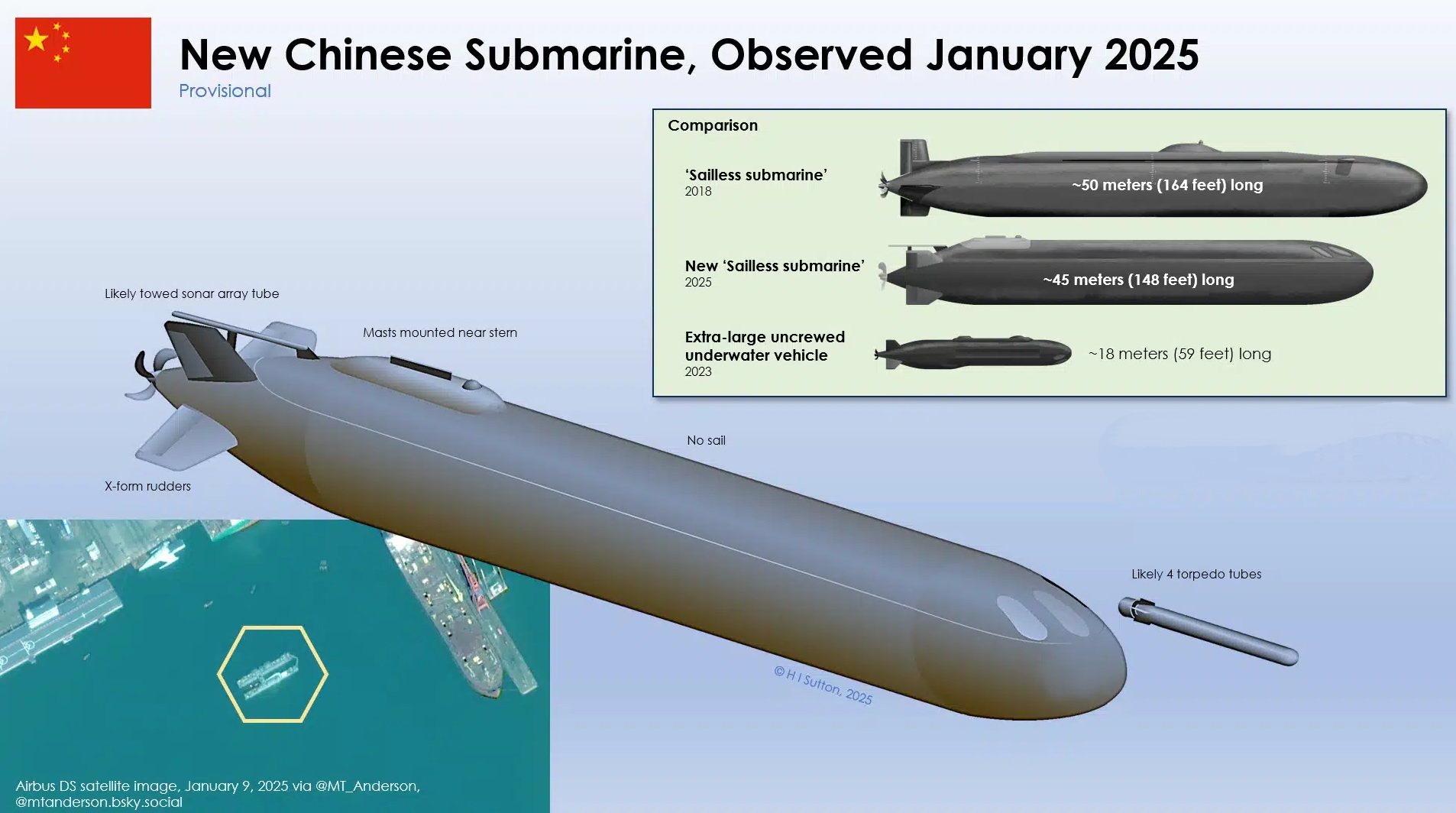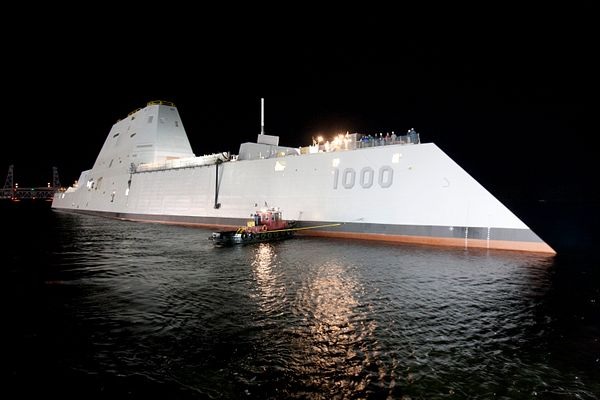Allegations Emerge: Did India’s R&AW Supply Konkurs ATGMs to the Afghan Taliban?

In a fresh twist to South Asia's already complex geopolitical landscape, allegations have surfaced accusing India's premier intelligence agency, the Research and Analysis Wing (R&AW), of supplying Anti-Tank Guided Missiles (ATGMs) to the Afghan Taliban. Social media accounts linked to Pakistan's Inter-Services Intelligence (ISI) claim that India has transferred 9M113 Konkurs ATGMs, a missile system of Russian origin but also indigenously produced in India.
What is the 9M113 Konkurs Missile?
The 9M113 Konkurs is a wire-guided anti-tank missile system designed for high precision against armored targets. Capable of being launched from a vehicle or portable launcher, the missile boasts the following specifications:
- Range: 75 meters to 4 kilometers
- Warhead Type: Tandem High-Explosive Anti-Tank (HEAT)
- Penetration Capability: Up to 750mm of rolled homogeneous armor (RHA) after explosive reactive armor (ERA)
- Speed: Up to 250 meters per second
- Operational Use: It can engage armored vehicles, fortifications, and low-flying aerial targets like helicopters.
India, which has manufactured these missiles under license for years, has integrated the Konkurs into its armed forces, showcasing their effectiveness in numerous military operations.
Allegations and Their Context
The accusations, primarily propagated on the social media platform X (formerly Twitter), suggest that R&AW facilitated the transfer of Konkurs missiles to the Afghan Taliban. These claims gained traction after reports in October 2024 indicated that India had indeed transferred weaponry to Afghanistan. The alleged motive is to enable the Taliban to counter Pakistani border posts amid rising tensions between Kabul and Islamabad.
Pakistan has long accused India of using Afghanistan as a staging ground to undermine its security, while India counters by highlighting Pakistan's continued support for cross-border terrorism. The purported missile transfer adds another layer to the strained relationship, with some analysts speculating it could be a calculated move to challenge Pakistan's influence in Afghanistan.
The Taliban’s request for ATGMs, reportedly made last year, might also reflect its strategy to strengthen its border defenses against Pakistan, which has faced repeated clashes with Taliban fighters over border demarcation disputes.
The Geopolitical Ripple Effect
If the allegations hold any truth, the repercussions could be significant. India has historically positioned itself as a constructive player in Afghanistan, focusing on infrastructure development, humanitarian aid, and capacity-building projects. Supplying advanced weaponry like the Konkurs to the Taliban would mark a stark departure from this policy and could complicate India's diplomatic relations with Western allies who view the Taliban with skepticism.
On the flip side, such a move could potentially serve India's strategic interests by limiting Pakistan's leverage in Afghanistan. Pakistan, which has historically supported the Taliban, may find itself in a precarious position if Kabul strengthens its border defenses and retaliates against Pakistani incursions.
However, arming non-state actors comes with inherent risks. The Taliban’s unpredictable behavior and alliances could lead to unintended consequences, such as the weapons being used against Indian interests or falling into the hands of other militant groups.
Disinformation or Reality?
It is essential to approach these allegations with caution. Social media accounts linked to Pakistan's ISI are often accused of spreading disinformation to malign India’s international standing. The timing and nature of these claims raise questions about their authenticity, particularly given the strained relations between India and Pakistan.
While no concrete evidence has surfaced to corroborate the allegations, they have ignited debates on India’s foreign policy and regional strategy. Critics argue that even the perception of such a transfer undermines India’s credibility as a stabilizing force in Afghanistan.
Conclusion
As the controversy unfolds, the truth behind the alleged ATGM transfer remains uncertain. What is clear, however, is that South Asia’s geopolitical chessboard is becoming increasingly volatile. If proven, these allegations could reshape perceptions of India’s role in Afghanistan and its broader regional strategy, making it a critical issue to monitor.



